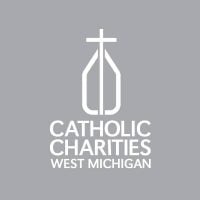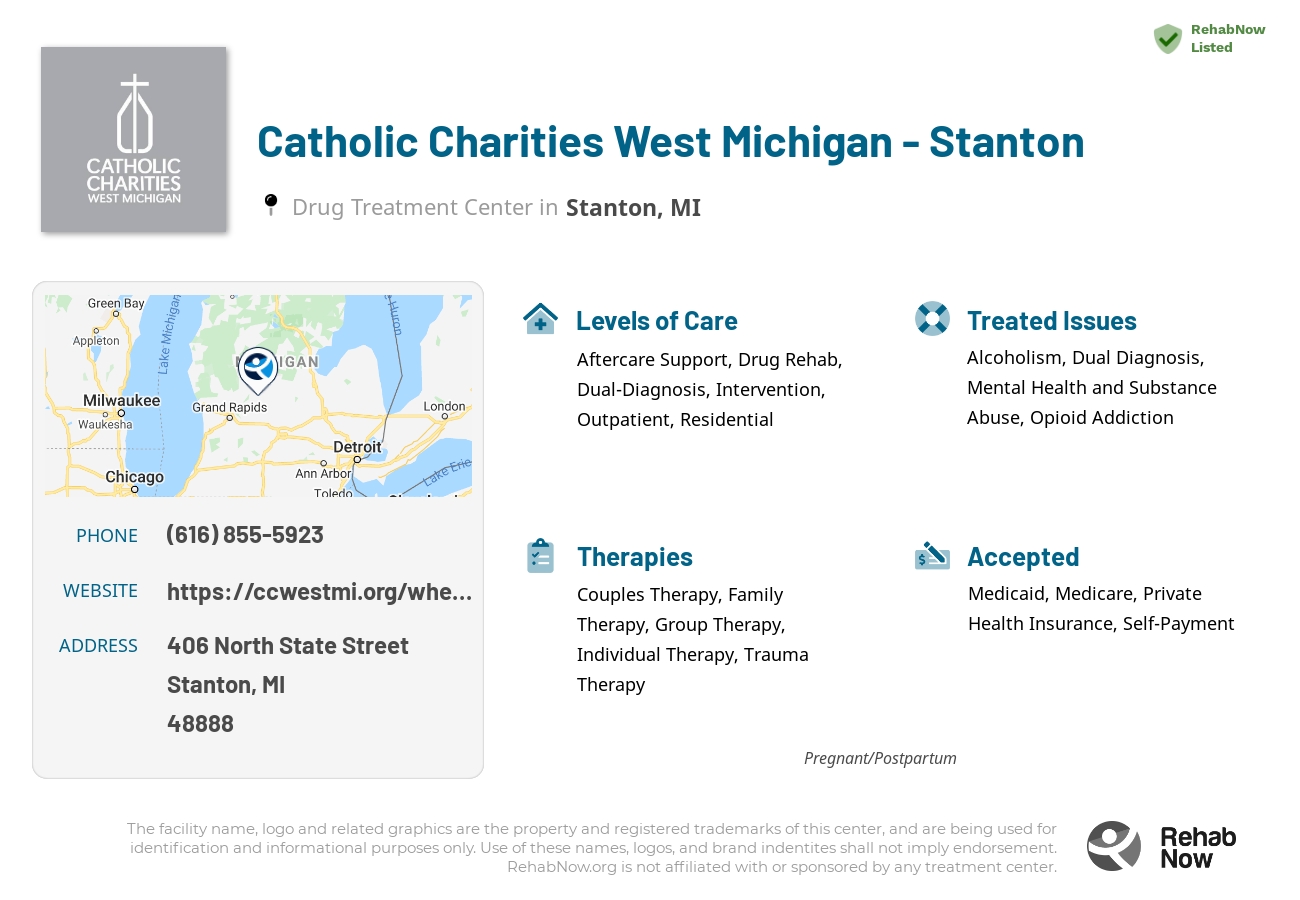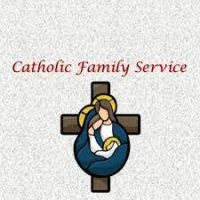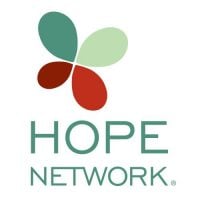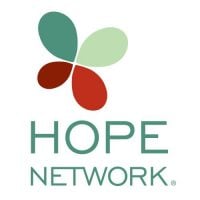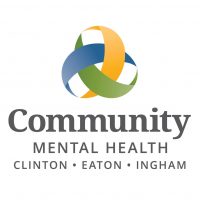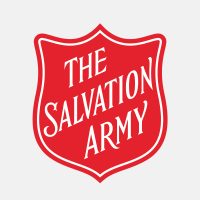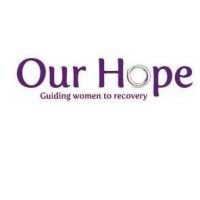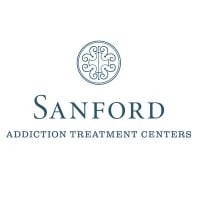Catholic Charities West Michigan - Stanton
Drug Rehab Center in Stanton, Michigan
Catholic Charities West Michigan - Stanton is a faith-based agency that provides personalized substance use disorder and mental health services to individuals and families to prevent, stabilize, and restore lives affected by addiction and substance abuse.
About This Michigan Facility
Catholic Charities West Michigan - Stanton is a faith-based agency located in Stanton, Michigan that works to prevent, stabilize, and restore the lives of those who live with addiction and substance abuse. The agency provides substance use disorder and mental health services, offering individual and group counseling, residential treatment, medication-assisted treatment (MAT), and youth programs. Through their programs and services, Catholic Charities West Michigan - Stanton seeks to help individuals and families heal from the physical, emotional, and spiritual damage of addiction and provide them with treatment plans and resources to build a healthier future.
At Catholic Charities West Michigan - Stanton, they understand that addiction and substance abuse issues are different for each individual and recognize the importance of providing personalized treatment plans and resources. Their programs and services help individuals recognize their addiction and the effects it has on their lives, address their use of substances and other issues in their lives, develop healthy coping skills, and create sustainable recovery plans. They also offer a wide range of family-focused services to support and engage family members in their loved one's treatment and provide them guidance on how to manage and communicate with their loved one during their recovery journey.
Catholic Charities West Michigan - Stanton is accredited by the Joint Commission, is an active member of the Michigan Association of Substance Abuse Programs (MASAP), and is proud to be a certified recovery residence provider in the state of Michigan. They are an approved provider for the Michigan Department of Health and Human Services (MDHHS), and have won two awards for their services: "Recovery Home of the Year" from the Michigan Association of Recovery Residences and "Outstanding Achievement in the Enhancement of Substance Use Disorder Treatment" from the Michigan Association of Substance Abuse Programs.
Genders
Ages
Modality
Additional
Conditions and Issues Treated
Opioid addiction is the result of repeated use, or abuse, of opioid drugs. It is recommended for people who are dependent on opioids, or who have a high risk for dangerous health concerns, to seek professional treatment. Treatment plans usually include behavioral therapy and medication-assisted treatment.
Opioid drugs include: fentanyl, heroin, methadone, oxycodone, and oxymorphone.
Opioid addiction treatment is beneficial for:
- People who have a history of severe withdrawal.
- People with a high risk for dangerous health concerns.
- People having difficulty overcoming opioid addiction on their own.
There are different kinds of Dual Diagnosis:. A person who simultaneously experiences both a mental illness and an addiction disorder. Or, a person who experiences one or more coexisting (simultaneous) mental health conditions in addition to a primary substance use disorder.
The treatment requires a multi-disciplinary approach, it’s crucial for individuals to partner up with a healthcare provider who understands all the recovery components.
Levels of Care Offered at Catholic Charities West Michigan - Stanton
This center offers a variety of custom treatment tailored to individual recovery. Currently available are Aftercare Support, Drug Rehab, Dual-Diagnosis, Intervention, Outpatient, Residential, with additional therapies available as listed below.
The outpatient programs in Stanton, MI are for those addicted drugs or alcohol. The goal of the outpatient rehabilitation program is to make them stop abusing drugs or alcohol, reduce drug use or addictive behaviors, and become entirely sober. It is generally required to attend the outpatient program for 10-12 hours every week.
Patients can be administered on-the-spot medication to ease withdrawal symptoms such as anxiety, increased heart rate, and even depression. Groups such as Alcoholics Anonymous (AA) and Narcotics Anonymous (NA) can be used as a part of outpatient treatment to help maintain sobriety.
Residential treatment programs are those that offer housing and meals in addition to substance abuse treatment. Rehab facilities that offer residential treatment allow patients to focus solely on recovery, in an environment totally separate from their lives. Some rehab centers specialize in short-term residential treatment (a few days to a week or two), while others solely provide treatment on a long-term basis (several weeks to months). Some offer both, and tailor treatment to the patient’s individual requirements.
The main goal of an intervention is for the addict to go to rehabilitation and address their addiction.
Interventions are meetings organized by friends and family of an individual with addiction. A specialist is present to lead the discussion and motivate the addict to seek external support. Intervention services help family members to open up about their feelings and concern for the addict. This expressiveness usually results in the addict seeking treatment at a rehabilitation facility.
Aftercare support is a service many addicts need to ensure their success at recovery. This service usually includes one-on-one or group therapies, assistance from a sponsor and other types of help designed to make sure the patient continues living a life free from drugs.
Patients also may require medication to help them battle addiction. Some people have been able to successfully recover without additional medications, but others have found that they need help during their transition. Long-term, the patient must take the initiative to attend meetings and receive help from other addicts in recovery.
Therapies & Programs
People in addiction recovery can benefit from individual therapy. This type of therapy involves meeting with a therapist one-on-one. This allows for a personal and trusting relationship to be built so that the patient can be truly themselves and express any emotions they feel. Individual therapy leads to greater understanding and peace about your triggers for addiction and coping strategies to prevent relapse.
Couples therapy for drug addiction is based on the belief that addiction is a family disease. Everyone involved with an addict, not just the addict themselves, is affected by their behavior and the changes the addict goes through. The relationship also changes the addict’s significant other and has likely picked up some codependent behaviors. Codependency is a term used to describe a person obsessed with another person and their needs and feelings while neglecting their own. Addicts are usually people-pleasers, so it is understandable how one can become codependent in relationships with addicts.
Family therapy is a type of group problem-solving that aims to improve communication and relationships between the patient, their family, and sometimes friends. The main goal of family therapy for drug addiction is to create an environment where communication can occur without judgment, hostility, or blame. The therapist is with the family as they learn to communicate with each other differently, especially with the addict when s/he is using.
Group therapy sessions are held in rehab facilities, clinics, churches or community centers that offer drug addiction treatment. People who attend these groups are encouraged to voice their feelings and support other addicts in recovery. This helps group members strengthen their own recovery program while cheering on others who are struggling with sobriety.
Group therapy sessions provide recovering addicts with a chance to cope with everyday situations that many face. Group therapy sessions are held in rehab facilities, clinics, churches or community centers that offer drug addiction treatment.
People who attend these groups are encouraged to voice their feelings and support other addicts in recovery. This helps group members strengthen their own recovery program while cheering on others who are struggling with sobriety.
If you’re looking for addiction treatment, it’s important to find a facility that offers trauma therapy. This type of therapy helps people process and understand the past traumas that have led to their addiction. Trauma therapists will work with clients to help them understand their past and present relationships and show them that they are worthy of love. This therapy is typically done using visualization, discussion, and writing down thoughts and feelings.
Trauma Therapy is a form of therapy that involves working with a patient to help them process and understand the past trauma(s) in their life. This therapy is typically done using techniques such as visualization, discussion, and writing down thoughts and feelings. The main goals of trauma therapy is to help clients express their emotions and talk about what they are feeling.
Cognitive Behavioral Therapy (CBT) helps addicts identify faulty, negative thinking so that they can work together with the therapist to find healthier ways of thinking. CBT focuses on specific aspects of each person’s thinking, feeling, physiology, and behavior. It aims to identify specific problems in these areas, and create a personalized treatment strategy.
Payment Options Accepted
For specific insurance or payment methods please contact us.
Is your insurance accepted?
Ask an expert, call (888) 674-0062
Catholic Charities West Michigan Associated Centers
Discover treatment facilities under the same provider.
- Catholic Charities West Michigan - Traverse City in Traverse City, MI
- Catholic Charities West Michigan - God's Kitchen in Grand Rapids, MI
- Catholic Charities West Michigan - Muskegon in Muskegon, MI
- Catholic Charities West Michigan - Big Rapids in Big Rapids, MI
- Catholic Charities West Michigan - Grand Rapids in Grand Rapids, MI
Learn More About Catholic Charities West Michigan Centers
Additional Details
Specifics, location, and helpful extra information.
Stanton, Michigan 48888 Phone Number(616) 855-5923 Meta DetailsUpdated November 25, 2023
Staff Verified
Patient Reviews
There are no reviews yet. Be the first one to write one.
Stanton, Michigan Addiction Information
Michigan has the second-highest rate of drug and alcohol abuse in the nation. Heroin is linked to more than 50% of the state's hepatitis C cases. Marijuana is the drug most often associated with crimes in Michigan, followed by methamphetamines. Opioids alone are responsible for almost 20% of all drug overdose deaths in Michigan.
The drug addiction problem in Stanton, Michigan, is moderate to severe. From 2013 to 2016, fatal drug overdoses increased by 98%. Drug addiction is a chronic, relapsing brain disease characterized by compulsive drug seeking and use. It is important to find quality treatment centers for addiction in Stanton that can help you or your loved ones recover from addiction so that they can be successful again.
Treatment in Nearby Cities
- Owosso, MI (50.2 mi.)
- L'anse, MI (290.5 mi.)
- Tecumseh, MI (106.5 mi.)
- Farmington Hills, MI (103.0 mi.)
- Kincheloe, MI (207.7 mi.)
Centers near Catholic Charities West Michigan - Stanton
The facility name, logo and brand are the property and registered trademarks of Catholic Charities West Michigan - Stanton, and are being used for identification and informational purposes only. Use of these names, logos and brands shall not imply endorsement. RehabNow.org is not affiliated with or sponsored by Catholic Charities West Michigan - Stanton.
